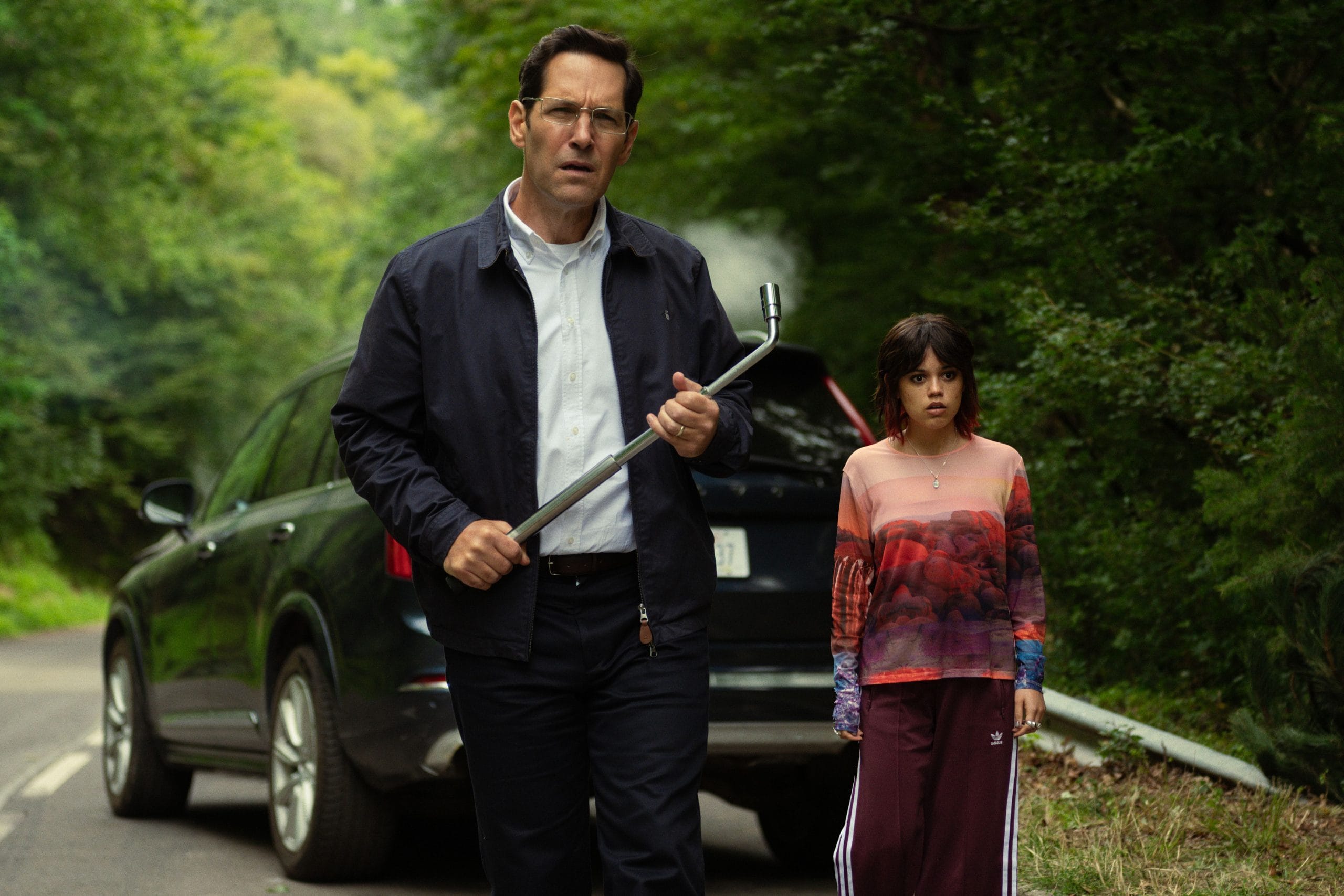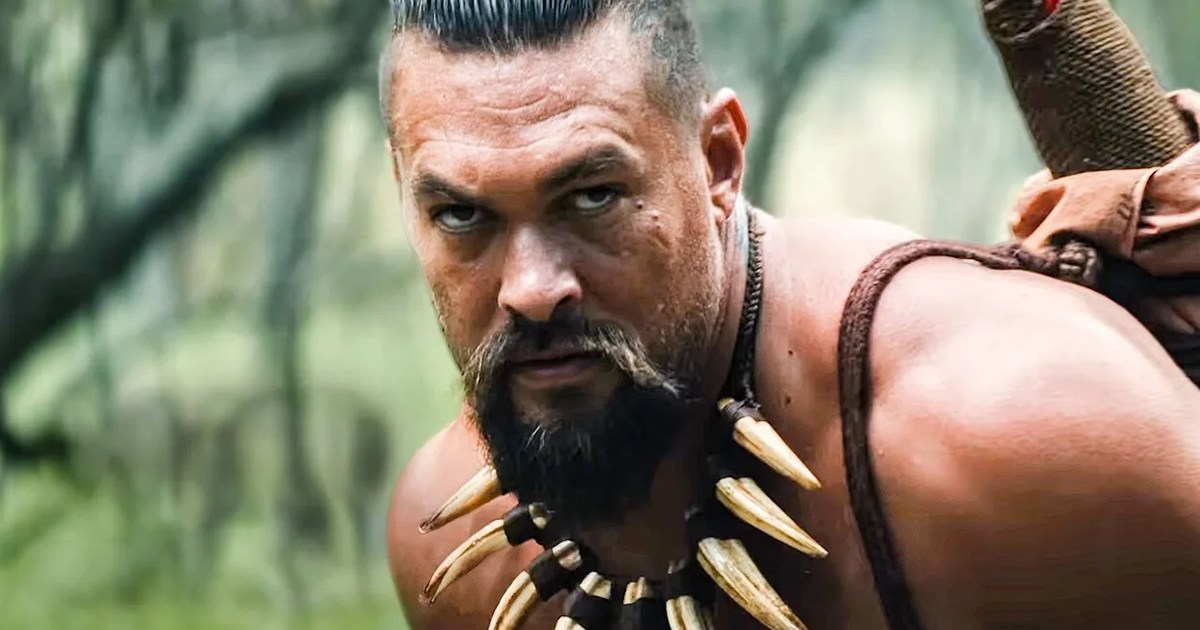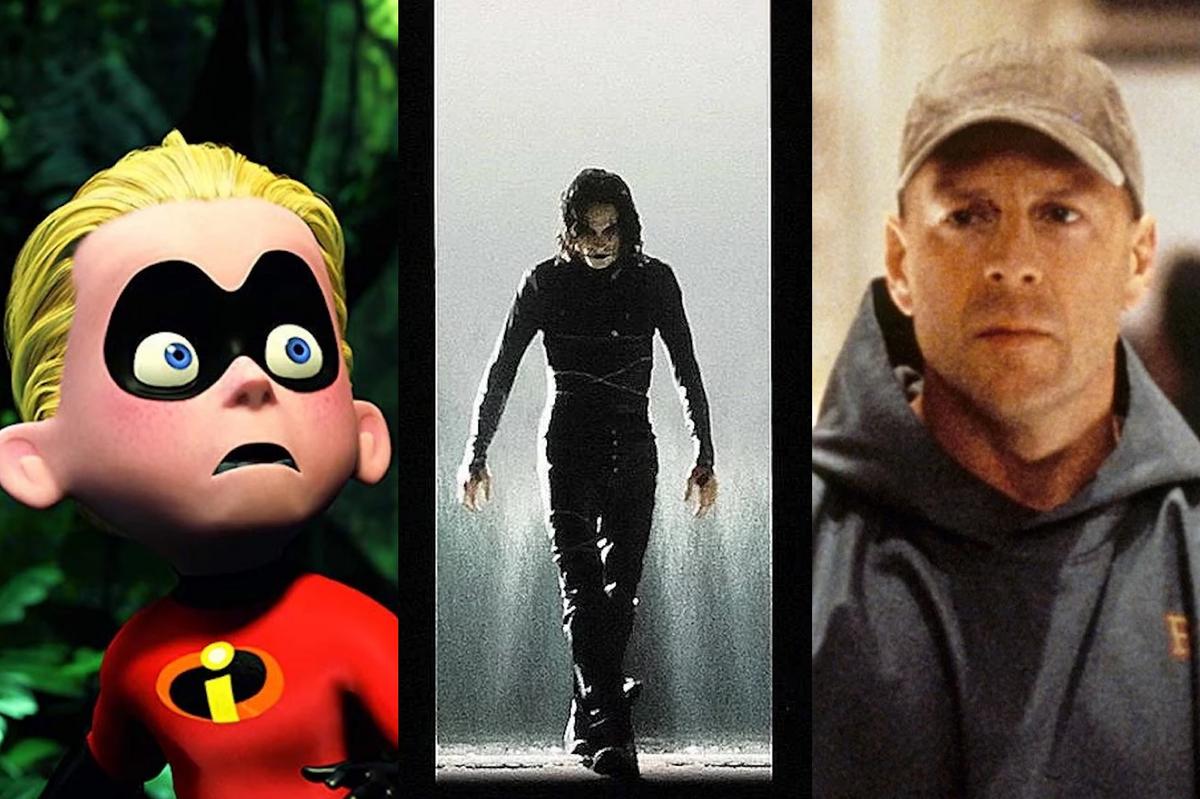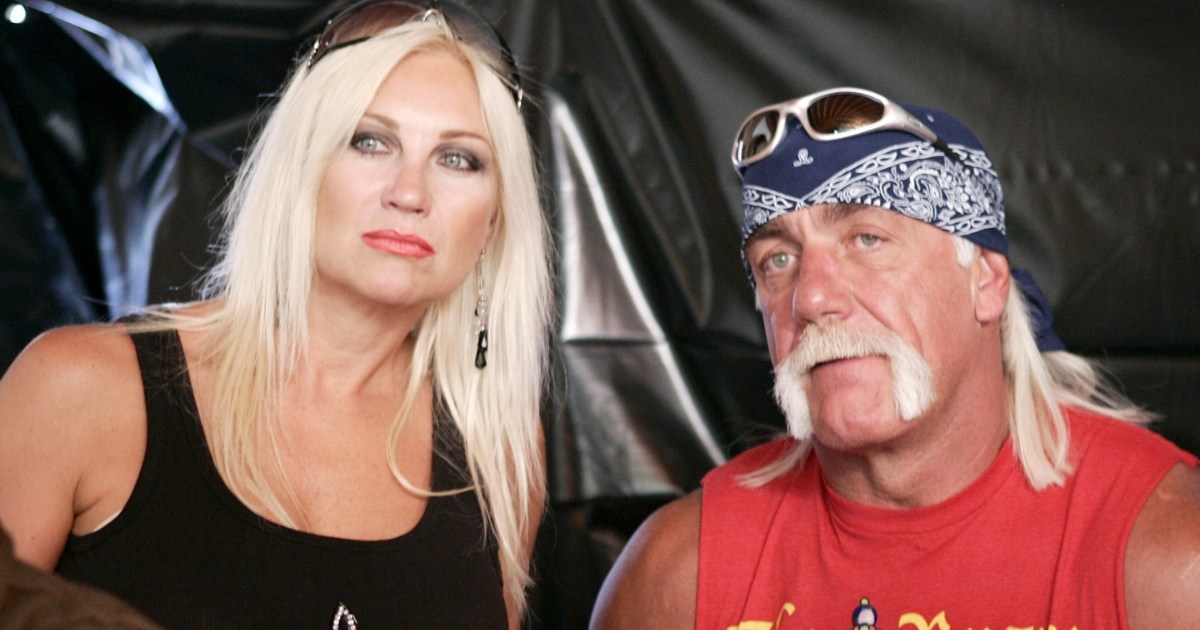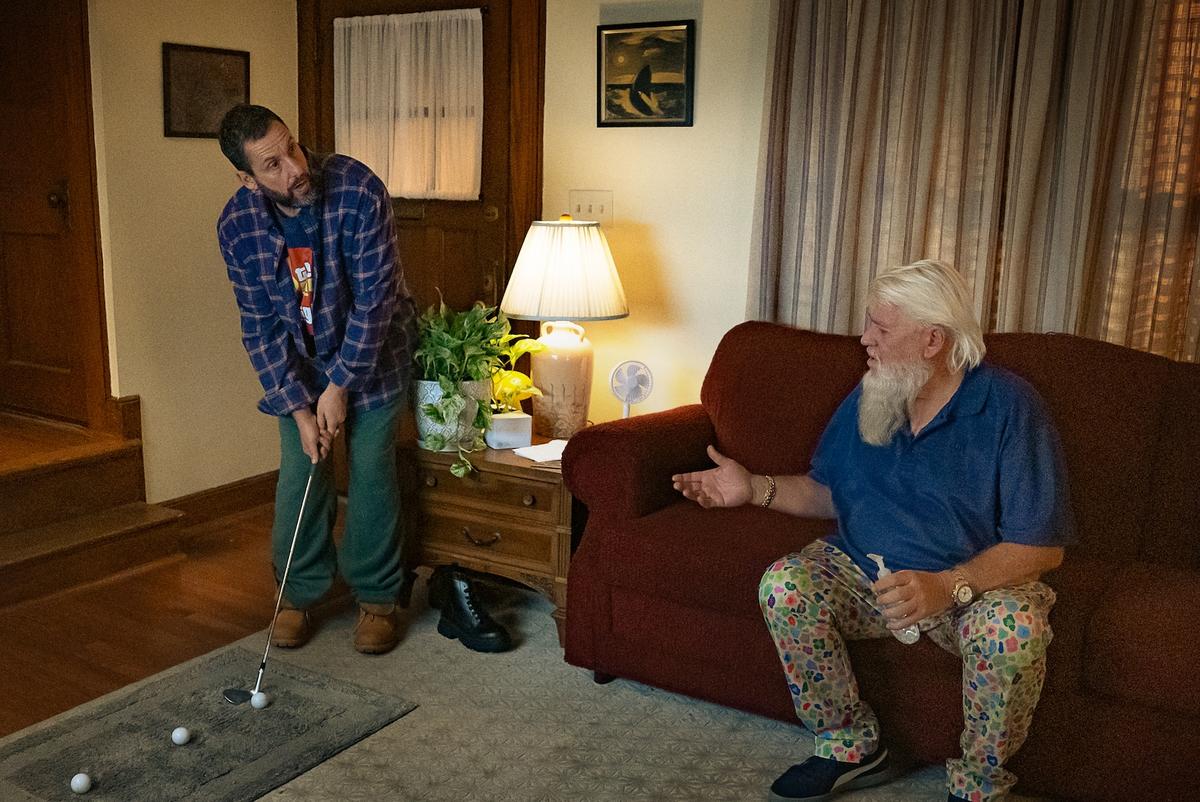Death of a Unicorn is a strange movie. It’s not strange because it’s a mash-up of a creature feature horror film, a father-daughter bonding movie, and a satire of wealthy families who’ve made their money off the suffering of others. It’s strange because it has an idea that could work well, and yet none of it does thanks to a colossal misjudgment of tone. The first feature from writer-director Alex Scharfman, Death of a Unicorn isn’t funny, scary, or entertaining as a whole. It also isn’t subtle, and yet, Scharfman makes the poor decision of trying to play Death of a Unicorn as something a lot more low key and clever than it actually is. Outside of some great performances from an astoundingly overqualified cast, Death of a Unicorn is a film that needs someone behind the scenes to go the extra mile for it to work. What the viewer is left with is the bare minimum.
Elliot (Paul Rudd) is a pharmaceutical company executive on the verge of netting a big promotion, thanks in part to the declining health of his boss, Odell (Richard E. Grant). Elliot has been summoned to Odell’s posh and secluded mountainside mansion to meet with his philanthropist wife, Belinda (Téa Leoni), and “entrepreneur” son, Shepard (Will Poulter), and hammer out the details of succession. Odell is big on family, and as such single father and widower Elliot has brought his unimpressed and sulky daughter, Ridley (Jenna Ortega), along for the trip. On the way to Odell’s, Elliot hits what he thinks is a deer with his car. It turns out to be a unicorn, and it doesn’t exactly want to die. Not knowing how to dispose of a mythical creature, Elliot just packs it in the back of his busted up rental. Not only does the family find out about the creature, but it turns out that the blood of the unicorn has exponential healing properties. Odell and his family kick into high gear trying to figure out how to market and distribute this wonderful new finding, but Ridley has formed a bond with the creature, and her art history background makes her believe that exploiting the creature could have deadly consequences for all of them.
It’s clear from the outset that Scharfman has something they want to say, but they’re having trouble saying it. There’s a clear disdain for the wealthy that’s well played, but mostly unoriginal, and even more snark that’s directed at those who seek to profit from the natural wonder of the world. Or something like that. Maybe it’s against big pharma or maybe just the rich in general, but Scharfman’s satire never goes beyond that. It’s obvious, and at the same time, every line of dialogue is underwritten like it’s some sort of profound witticism that no one has ever heard before, when, in fact, everyone has heard all of this before. Unicorn or not, the jokes about the vapidity and selfishness of rich people are bland and basic.

Scharfman’s depiction of the evil family at the heart of Death of a Unicorn provides almost all of the filmmaker’s comedic fodder, while Ortega and Rudd’s father and daughter act (which does have good chemistry) is even less fleshed out and engaging. Odell’s clan are made up of a bunch of people who have no filter and say whatever idiotic thing pops into their heads because there aren’t any consequences for their actions. It’s fun to watch these performers lean into their parts so naturally, but to what end? It’s not exactly smart, and it’s so stilted and downplayed that the amusement factor is non-existent. But while Grant, Leoni, and Poulter can at least add some camp and pizzaz to their roles, Ortega and Rudd are left to play second fiddle in a movie where they’re the leads. Ortega is fine as the one person who speaks the truth, but Rudd’s wishy-washy ladder climber is so one note as to appear even dumber than the villains. Maybe that’s the point, but Rudd seems absolutely lost here.
The pacing of Death of a Unicorn is plodding throughout, and only the occasionally lucky turn of a phrase or facial expression saves the dreadful comedy. Poulter and Sunita Mani (playing a member of Odell’s research team) get the only two genuine laughs in the movie, with everyone else garnering maybe a smirk at the best of times. This is a movie devoid of real energy that also ins’t in a hurry to get anywhere, which is deathly when trying to make not only a comedy (and a satire, at that), but also a survival horror movie.
The action and horror movie elements that take over in the second half of Death of a Unicorn are just as slack as the comedy. There are some okay bursts of gore, but no genuine shocks or scares. Everything feels so telegraphed to the audience that there’s little surprise to be had. Marred by murky visuals, unconvincingly poor visual effects, and choppy editing, Scharfman’s film has as little visceral momentum as it does comedic momentum. The audience is always three steps ahead of the characters on screen, and even if the order in which characters get picked off isn’t easy to predict, there’s an air of resignation to each of their deaths. And when none of the characters are all that compelling enough to care about how they live or die (save for Ortega and Poulter’s characters), viewer investment remains low.
Death of a Unicorn is a hybrid genre film that insists its doing something unusual, weird, and high concept when it’s really just an assortment of half baked ideas. If Scharfman made a commitment to take this in a full on, over the top, no bad ideas rejected campy fashion, Death of a Unicorn might’ve been onto something. Instead, it’s a film that’s trying to do highbrow comedy and elevated horror at the same time with material that needs a lot more work to bring it up to a useable level. It’s a sliver of a good idea that feels like it was made before it was ready to be filmed. It’s as fun and lively as a lecture on business ethics and nowhere near as potentially enlightening.
Death of a Unicorn opens in theatres everywhere on Friday, March 28, 2025.
